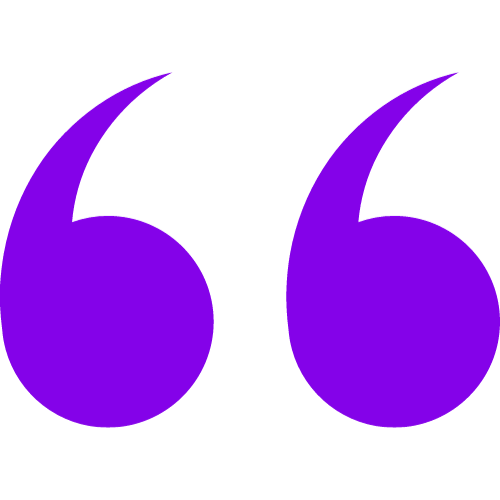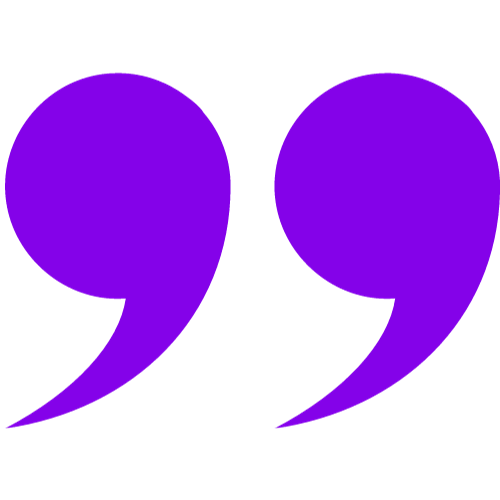Anne Savinel Barras
Présidente de Amnesty International FranceAccueil »
Anne Savinel Barras est présidente d’Amnesty International France, engagée pour la défense des droits humains et des libertés fondamentales. Militante de longue date, elle œuvre pour l’égalité, la justice et la dignité de toutes et tous.
Anne Savinel Barras a introduit la conférence ADUH 2025.

English
Thank you, I am truly honoured to be with you this evening. And with Amnesty International to also put this fight that is yours in the global context of the struggle for human rights everywhere around the world. And that is important, because Amnesty International’s mandate is, of course, to fight for the respect of all human rights, and the issue of LGBTI people is, of course, part of our fight in its own right and even has a special place, and it was important for me to say so.
So, before talking specifically about the problem that concerns you, I will make a link with what the Ambassador has told you. I would still like to talk about the state of our world, and this era, or this new age, in which we are entering.
We have already been entering a new area for a number of years, since we have quite gradually seen the rise of authoritarian practices and regimes, we have seen inequalities grow, we have seen a weakening of the law, international law and in particular international humanitarian law quite dramatically, and this has been going on for several years now. Over the last two years, things have escalated, with armed conflicts flaring up around the world. And through these armed conflicts, we can see the extent to which the law of war itself is being flouted and therefore international humanitarian law as well. It is important for me to tell you this before we go into more detail on the question of international law.
Against this backdrop, the new President of the United States has given the situation an absolutely terrible boost and I agree with you. We are facing very strong, very obvious attacks of the rule of law against institutions, attacks against the separation of powers, and therefore the independence of justice, with some of the key elements of authoritarianism also in their hands, namely control over the information ecosystem, but also control over surveillance like facial recognition. Which means that, tomorrow, every citizen could be recognized in their private life, in their practices, in their activities and so on.
The human values that we have defended for so long are being swept away by these same people with their deeply problematic rhetoric. Rhetoric that ignores the current state of the planet, and of the need to protect it more than ever. A rhetoric that is certainly directed against migrants and refugees. A rhetoric aiming to suppress any dissenting opinion. And finally, a discourse that is profoundly sexist, homophobic and anti-gender. I would even go so far as to say that gender is at the heart of the cultural war that the anti-rights movement wants to lead. It is the rallying cry of leaders who today have authoritarian practices. In other words, the fight is more necessary than ever, and all the more so, since governments react by submitting totally to this anti-law trend, or by imitating it or by partially counterattacking, or by resisting it individually. However, we can also hope collectively. We are therefore facing both insecurity and uncertainty. And so, more than ever, we need to resist, resist the rise of the anti-rights movement.
So we are going to have to work differently on the issue that we’re dealing with. The situation of LGBTI people around the world is that there are twelve countries that still sentence people to the death penalty for homosexuality. These are countries where, today, homosexual persons are arrested and tortured. I am thinking of Tunisia, which is currently drastically increasing its arrests, especially of homosexual men and transgender people.I am also thinking of the United States, where transgender people are now banned from the army and where trans, intersex and non-binary people have had their passports taken away. Of course, I am thinking of Slovakia, which wants to change its Constitution so that it recognizes only two genders. I think of Hungary, which has just banned its pride march, for the first time in thirty years. I am thinking of Afghanistan, where the ideological regime of exclusion of both women and LGBTI people is bringing us into something we had never imagined before.
Alongside all that, there is still some positive news. Indeed, the ICC has issued arrest warrants against two Taliban leaders and we are delighted about that. There is also in Argentina, and this is new, with the courts having recognized that trans people were victims of crimes against humanity during the military dictatorship. It is a victory. It means that we can continue to move forward despite everything that people would have us believe.
So what about international law? It is essential to remember the universality of our rights and therefore that the decriminalisation of homosexuality is a universal right. It is a fundamental fight for human rights. We have some tools : there is the International Criminal Court where we can explore the recognition of certain crimes, notably gender-based persecution.
We, at Amnesty International, support and push for the recognition of the crime of gender-based apartheid. The difference with the persecution we have based on gender is that it addresses the ideological and institutional nature. Apartheid is an institutionalized regime of oppression and domination of a category of people. Having this crime recognized under international law would be a significant step towards bringing to justice the people responsible for apartheid. International law is essential, but it is only as strong as the will of States to enforce it, which is not always enough.
This fight must be led at every level, and it depends on each and every one of us. We must say no to attacks, say no to dehumanizing language, say no to cruelty, say no to dangerous alliances, say no to threats, say no to bullying and sanctions. We must also demand that our governments say no. They must draw the red lines. And if we all fight together, that strength can turn the tide, because it’s not too late.
We have a motto at Amnesty International and I often like to remind people of it. We borrowed it from an ancient Chinese maxim. It says, « it is better to light a candle than to curse the darkness« . That is the symbol of Amnesty International, the famous little candle.
All of us in this room tonight are candles. These candles must be lit, and we must fight against the darkness into which he would like to plunge us. We must reject it, and so, in addition to international law, we also need the strength of all of us. Thank you.


Français

